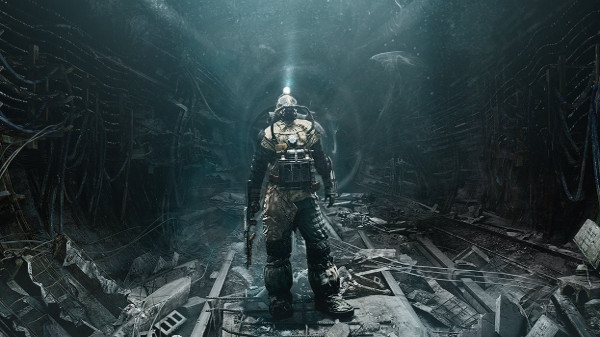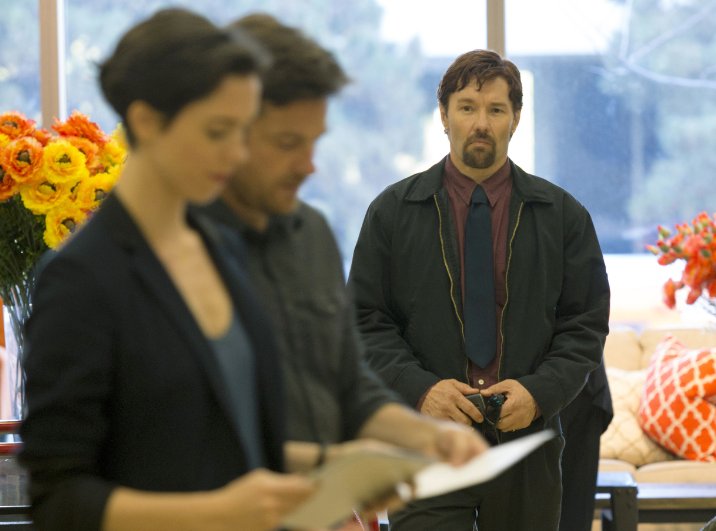Directed by Chiang Hung Hsu
Written by Chiang Shen
Hong Kong, 1967
Heroes behaving virtuously and villains relishing in evildoing are the archetypical behaviours of characters which make up action adventure films. This is the easiest route to take for a filmmaker, but with said ease comes the potential for great effectiveness given that this is what most people expect from some escapist fun. Putting a spin on old rules can however bring some fresh air to a film, such telling the story of someone who comes from a bad background, but tries to do good. Taking such a plot device one step further, a movie can have this originally bad person actually try to do good, only to have their attempts fall flat, thus causing more pain than well being to those around them. Such is the path Chang Pei-pei’s character, So Jiau-jiau, decides to embark on in 1967’s The Thundering Sword. She learns the hard way that trying to do good when not know exactly how can lead to some unfortunate conclusions.
The priest (Tieng Feng) at Yuan’s Mountain School has emerged from 3 months in an isolated chamber. When word got out that the mythical Thundering Sword was at large in the world, he concerned himself with devising a strategy to destroy the weapon, for if in the wrong hands, who knows how much terrible havoc enemies may wreak on the country. Despite the long meditation period, the priest has not arrived at any sound conclusion and thus sends out two of his brightest pupils, Chien Yuan (Yi Chang) and Kwun Yuan (Lo Lieh) to find out the Thundering Sword’s whereabouts. It soon becomes obvious that they are not the only ones after the treasured blade. The Caterpillar clan, or poison school, has also sent out agents to retrieve it, among them So Jiau Jiau (Chang Pei-pei), a terrifically skilled beauty. When she briefly meets Chien Yuan along a dusty road, the two feel an immediate attraction. Unfortunately, later that same night, when Kwun Yuan gets his hands on the target of everyone’s search, Jiau Jiau spots him, unaware it is the brother of the man she is smitten with, and takes him down with some poison darts. Thus begins a long and arduous adventure in which Jiau Jiau and Chien Yuan struggle with coming to terms with their feelings for one another, being from different clans and all, as well as dealing with Jiau Jiau’s miserable attempts to right all the wrongs she has committed, which ironically only worsen the situation of these two lovers.
The Thundering Sword is rather good film overall, which feels quite good to write given how a few too many films reviewed in this column have fallen short in recent weeks, but it unfortunately, loses its way in the final third. More on that later. Screenwriter Chiang Shen and director Chiang Hung Hsu deserve a lot of credit for trying to establish a delicately woven tale filled with romance, action and a variety of trials and tribulations which deepen the hole the two main characters are desperately trying to climb out from. One can make the case that Chiang’s film feels a bit like a Shaw Brothers interpretation of the classic Romeo and Juliette tale given the similarity in the challenges both Jiau Jiau and Chien Yuan face, the most obvious being of course that they are, ultimately, fighting for different schools but cannot make themselves forgo their unmistakable longing for one another. The film plays the male half of the couple pretty straight, with Chien Yuan being very much the hero. Jiau Jiau, on the other hand, must come to terms with the fact that she feels as if she can do better, morally speaking, than her clan’s habitual practices. Many a foul spirit is employed by her master, So (Fang Mian), who happens to be her father as well, least of all the devil whom is eventually revealed as her brother, Su Chao-wu (played by one of the great character actors the studio ever had, Chen Hung Lieh. When confronted with the possibility of correcting her murky past, both reality and forces beyond her control trip her up in her valiant attempts. First, she has stolen the Thundering Sword, then poisoned Chien Yuan’s brother, after which she hires an escort group to take her victim to a safe haven for recovery, but when said escort team is attacked by, who else, Chao-wu, she returns to the company’s headquarters in a fit of rage for their failure to secure Kwun Yuan’s safety. The real kicker? After demolishing just about everybody in the building, it is Chien Yuan, not Jiau Jiau, who is blamed for the massacre. Clearly she has her work cut out for her, and even when she genuinely tries to work it out, things keep on getting worse. In this regard, The Thundering Sword does a nice job at building a sense of drama out of a series of miss-happenings.
It also helps that the true star of the show is Chang Pei-pei, one of the studio’s most reliable actresses in the mid to late 1960s. By most standards, her best role (and best film, for that matter) is Come Drink With Me, but she does not disappoint in The Thundering Sword, playing both the hard nosed and emotionally volatile sides of her character. She is not just easy on the eyes but a great actresses too, and one who loved to play characters who were real ass whoopers. Her pretty face was frequently used as a facade for some of the amazingly skillful tricks she often had up her sleeve. Much like in Come Drink, her Jia Jiau character is not one to be taken lightly by enemies, however great in numbers they may be. The rest of the cast is serviceable, but no one truly stands out as much as Chang. It would be tempting to make a different case had Chen Hung Lei been given more screen time, but such is not the case, as the actor barely appears for 15 minutes in the entire film. It is interesting that the two find themselves playing similar characters as they did in Come Drink, albeit this time Chen Hung Lei does not look like the Joker.
Because the film focuses its attention on the drama and romantic angle, it is not a Shaw Brothers production which features an abundance of action. In fact, there is only one scene in particular which focuses on fighting rather than story, that being when Jiau Jiau returns to the escort company’s offices after their highjacked mission which consisted of protecting Kwun Yuan. In a nutshell, she really goes at them in brutal fashion. Some Shaw movies are more violent than others. Some will feature action, but nothing too graphic, while others embrace a more hard core approach to their violence. Then there are the ones which feature only sporadic yet bloody violence. As previously stated, the revenge scene is the only true action set piece in the entire film, but is has some nasty surprises, including one bloke whose hands are shopped off and another moment when Jiau Jiau, after slicing someone’s neck open, takes away their sword, launches it into the air and into another chap’s skull!
Had the film remained focused on the subtler, more ambiguously presented drama of the first hour, then it would have at least been close to earning top honours. That is not what director Chiang has in mind however, preferring to have the story enter especially sappy territory by the end. Truth be told, there are a couple of instances in the first two thirds when Jiau Jiau ponders on her innermost emotions as the soundtrack is filled with a wooing love song, but the final 30 minutes go overboard with the drama. Had the writing been a bit sharper, less blunt in its insistence on spelling out exactly how everybody feels, then the viewer could leave the film with a less bitter pill to swallow, but as it stands, The Thundering Sword‘s third act is simply not very good.
Chiang Hung Hsu’s film still earns a recommendation, albeit a light one. It is always fantastic to see Chang Pei-pei in a film and she is fantastic here. There is one action scene viewers will not soon forget and the first hour or so does feature some very interesting plot developments which emphasize strong character driven drama. The final act fizzes out, though.
-Edgar Chaput






